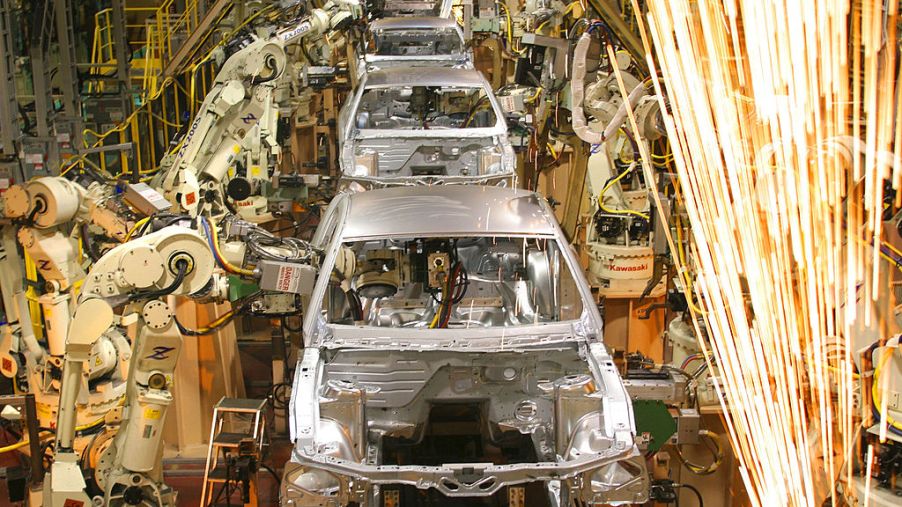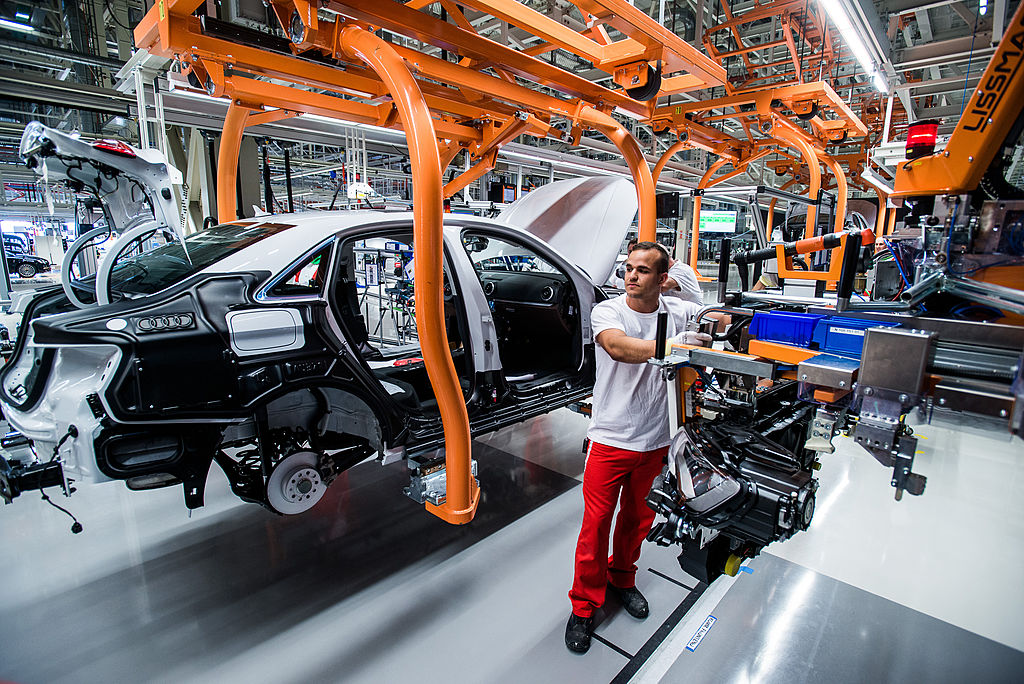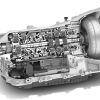
Economic Fears Increase Thousands Of Job Cuts And Factory Closings
With fears of an economic slowdown getting closer General Motors and Ford Motor Company cut thousands of jobs in 2019. They also closed numerous factories as vehicle sales continue to slow down. Sales are expected to continue dropping in 2020 resulting in two consecutive years of declines.
Forecasters are already saying global vehicle sales will fall to about 3.1 million vehicles. This would be the most severe decline year-over-year since the Great Recession of 10 years ago. “The industry was ill-prepared for the crash in 2009 and people who are in charge of the companies were around then,” says Michelle Krebs an executive analyst at Cox Automotive. “They remember it like it was yesterday. They are not going to make the same mistakes.”
Emerging technologies are leading job cuts and factory closings

Analysts say the cuts in workforce and factories this time are due to capital necessary for advances in emerging technologies. The onward march of electric and autonomous vehicles are not showing profits on investments. But they are considered to be multi-trillion-dollar products once they hit. We are just now starting to see some of the results in EV production.
“The pie is shrinking and they’re setting themselves up for that as well as this new future,” says Krebs. “Everybody is in the same boat on this in a way we’ve never seen before.”
GM reduced its workforce by 14,000 and is closing seven assembly plants including five in the US. It is expecting to save GM $6 billion annually.
Ford is also cutting jobs and closing plants
Ford is doing likewise. In an $11 billion restructuring plan it’s cutting 12,000 mostly hourly jobs and mostly in Europe by the end of 2020. An additional 7,000 salaried jobs will also be cut, with about 2,300 in the US. I will also close an engine manufacturing plant in Michigan and six plants in Europe.
With the binding merger agreement just signed by Fiat-Chrysler and the PSA Group, it will have the breadth to tackle some future needs. The $50-billion combine is already touting saving over $4 billion a year from the economy of scale.

But there are overlaps in product and unprofitable brands within FIA-PSA. Both FCA CEO Mike Manley and PSA CEO Carlos Tavares are saying the merger won’t result in job losses and plant closings but c’mon. There is no reason to continue with a larger infrastructure and workforce if they are not needed and further savings can result.
Predictions for years forecast only a few manufacturers would remain
So the consolidation of the auto industry will continue. Former CEO of FIA Sergio Marchionne presented his analysis of the global auto picture back in 2015. In it, he posited that only a handful of the world’s largest vehicle manufacturers would survive. He said there were only a very few companies with the capital necessary to develop autonomous and electric technology.
In Europe, Brexit is raising many concerns about manufacturing in the UK. In the European Union, drastic emissions regulations take effect on January 1, 2020. These will radically alter products and consumer demands into the next several years. With only 3% EV sales this year in Europe (2% in the US) consumers have not exactly embraced EVs. Now they will almost be forced to. No one is saying how this will affect profits and investments of the vehicle manufacturers.



